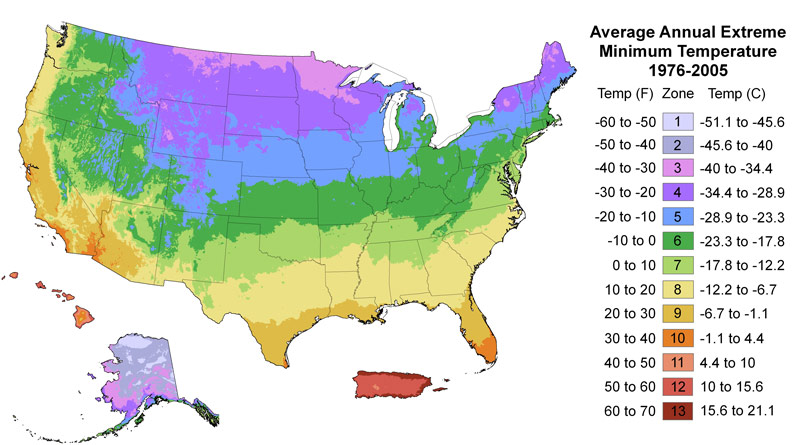
Bacon Avocado
The Bacon Avocado does not taste like Bacon. It is a type B avocado. It is actually named after its cultivator James Bacon in 1954 in Buena Park, CA. It is a hybrid of two mexican avocado varieties. The Bacon Avocado is oval shaped and has smooth, thin dark green skin with faint speckles. It has a large pit taking up the space for the flesh. The inside flesh is very creamy. The Bacon avocado tree is a medium sized tree with dark green, glossy leaves, and it can reach an average of fifteen to twenty feet in height. It is a late producing variety and spreads upright and it yields large amounts of the six to twelve ounce fruit. They do not ripen on the tree.
Not compatible with your zone (2a)
General Plant Information
The Bacon Avocado does not taste like Bacon. It is a type B avocado. It is actually named after its cultivator James Bacon in 1954 in Buena Park, CA. It is a hybrid of two mexican avocado varieties. The Bacon Avocado is oval shaped and has smooth, thin dark green skin with faint speckles. It has a large pit taking up the space for the flesh. The inside flesh is very creamy. The Bacon avocado tree is a medium sized tree with dark green, glossy leaves, and it can reach an average of fifteen to twenty feet in height. It is a late producing variety and spreads upright and it yields large amounts of the six to twelve ounce fruit. They do not ripen on the tree.
Additional Information
Plant Care Information
Limited Guarantee and Returns
Compatibility
The two factors that determine if a deciduous fruit trees will grow well and produce fruit in a certain area are the Chill Hour Requirement and the Cold Hardiness. “Chill hours” are the amount of cold a deciduous fruit tree need to produce fruit. This is measured in the number of hours below 45 degrees Fahrenheit a plant must experience during its winter dormancy. Paradise Nursery only grows Low Chill fruit trees that meet the chill requirements of all areas of the United States.
The second factor is Cold Hardiness. Cold Hardiness refers to the minimum temperature a plant can tolerate. The USDA’s Cold Hardiness Zones indicate the average minimum winter temperatures of areas. Based on the shipping zipcode, our website will only allow you to add plants to your cart that grow within your USDA Hardiness Zone, and tolerate your climate.
Pollination & Propagation
(Grafting/Cutting) Most of Paradise Nursery’s edible plants are self-fruitful. Self-pollinating trees do not require an additional tree to produce fruit. For your convenience, we have indicated which trees require a pollinator, and their associated pollinators. Only the sweet cherries, avocados, and some plums require a pollinator. All of our other propagated edible plants do not require a pollinator. All of our edible plants are either grown from cuttings, budded, or grafted. This way, we can ensure that our plants are high quality and fruit immediately. Plants will generally begin fruiting within a year of planting.




